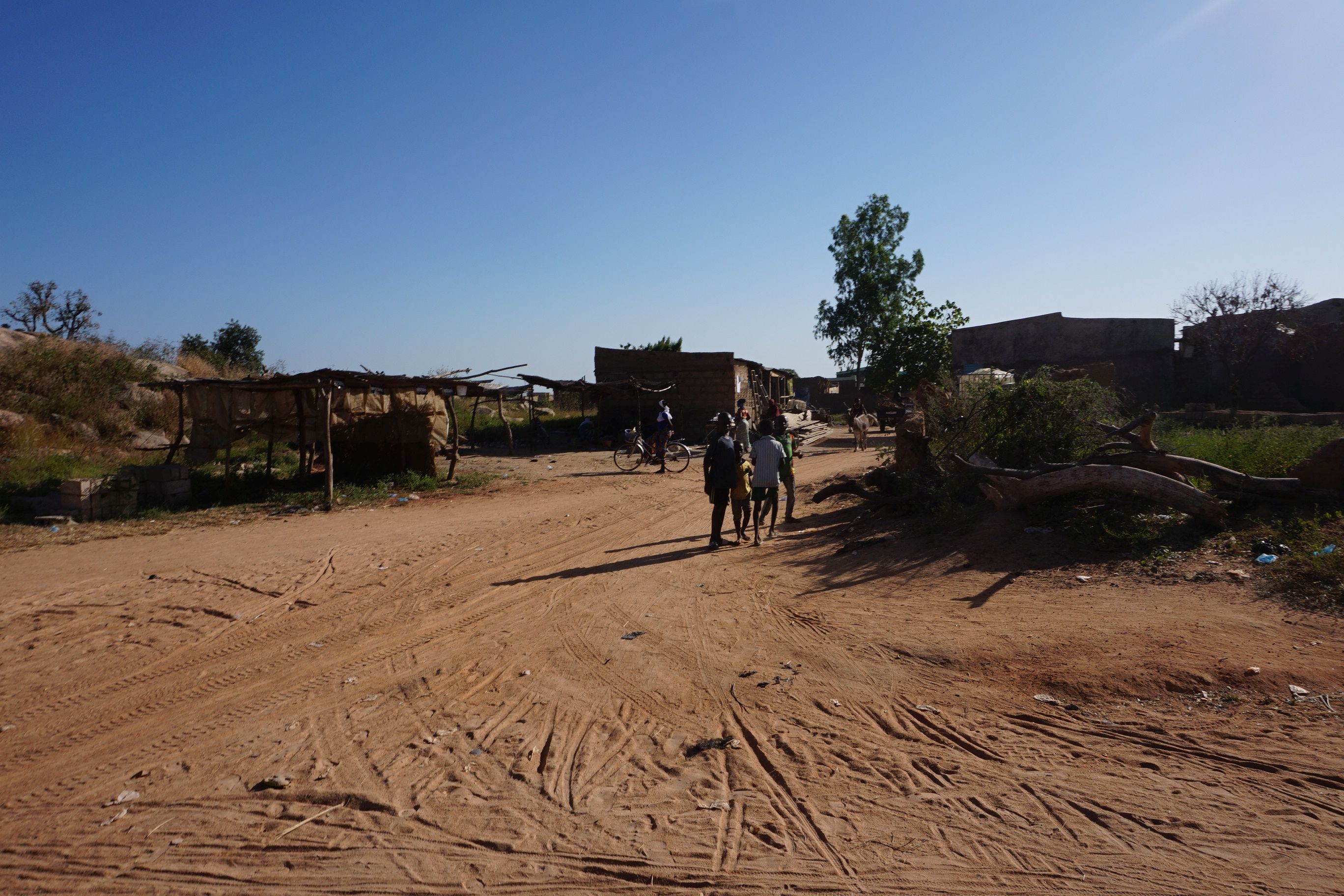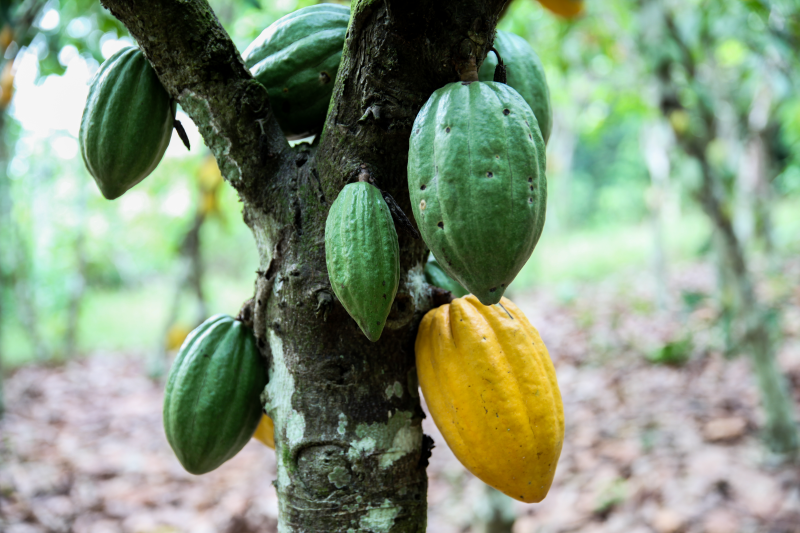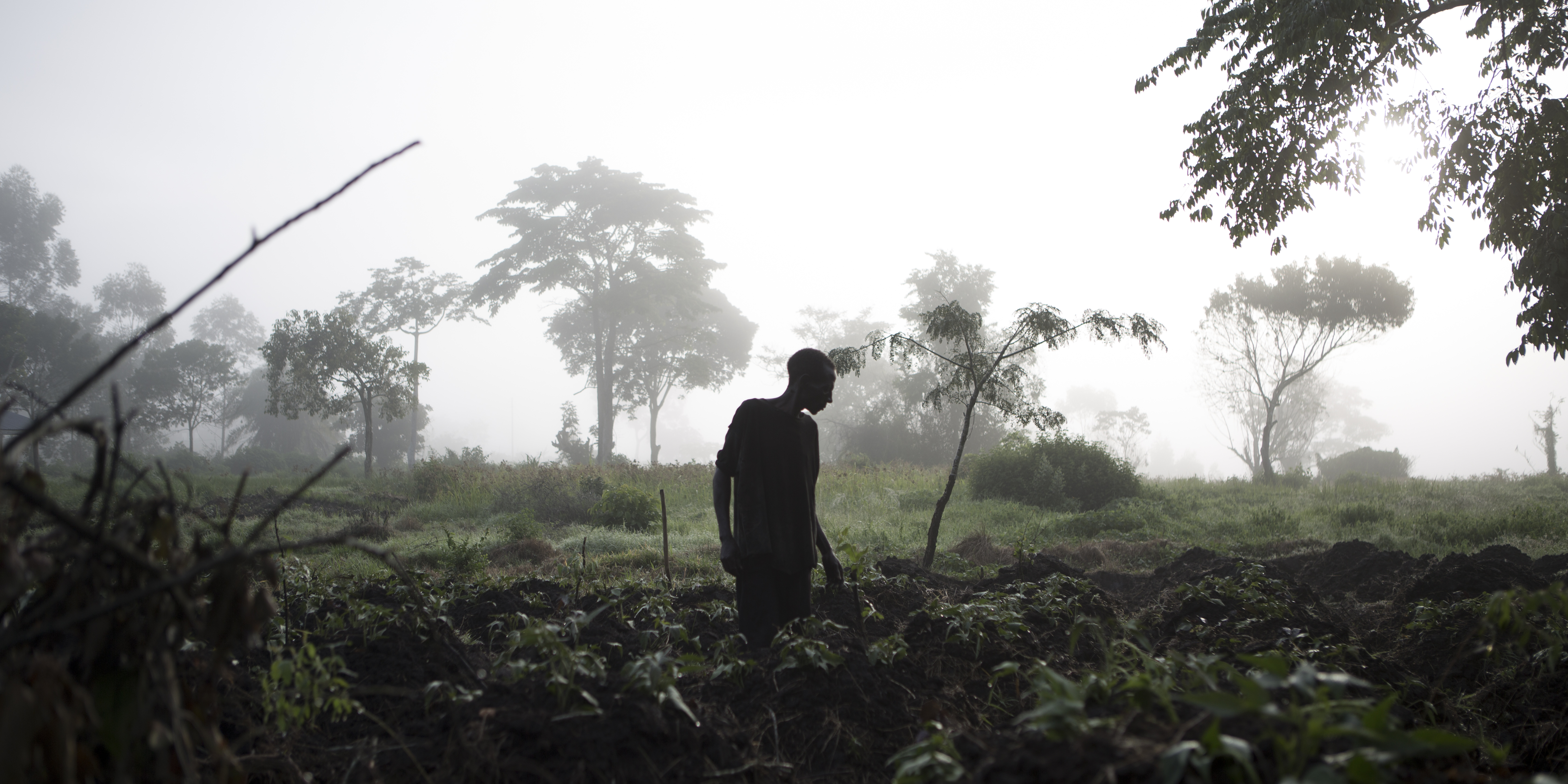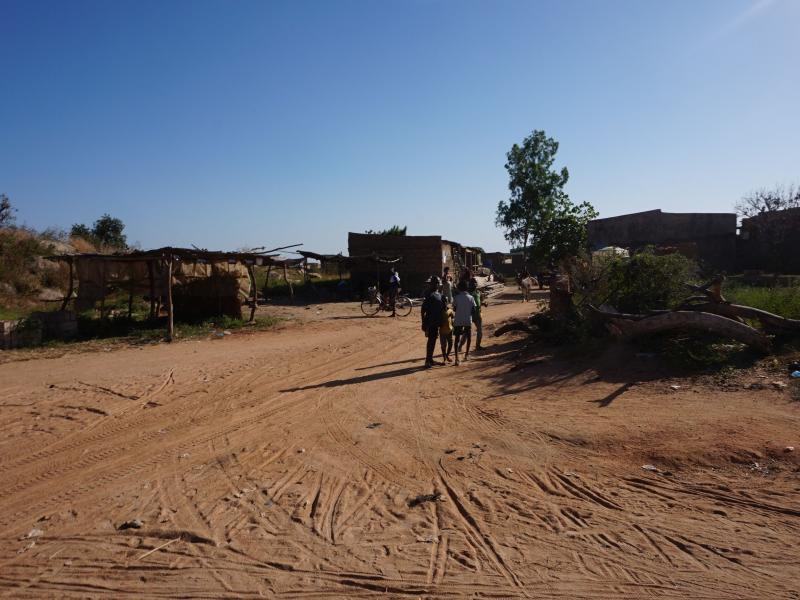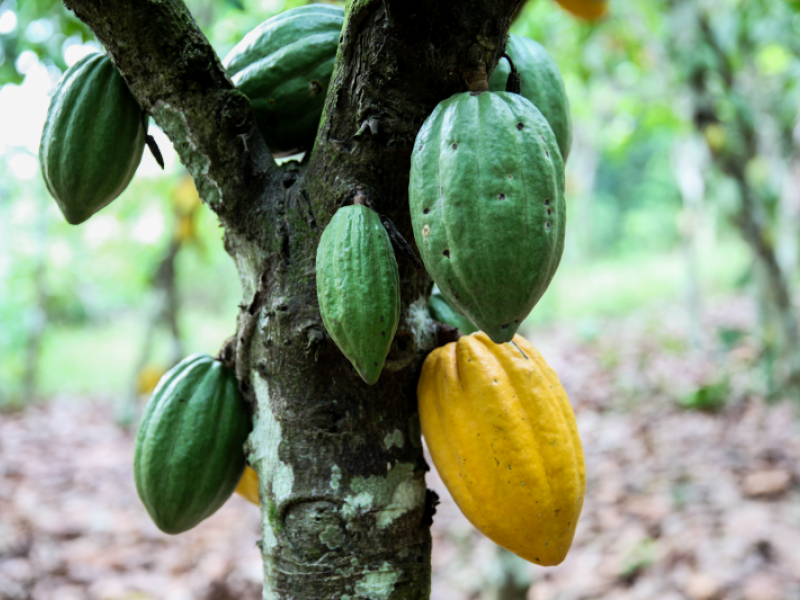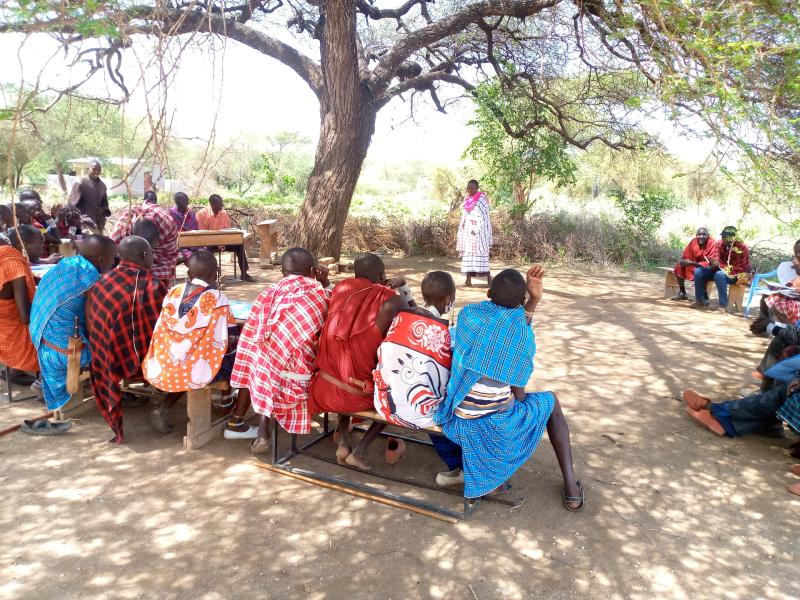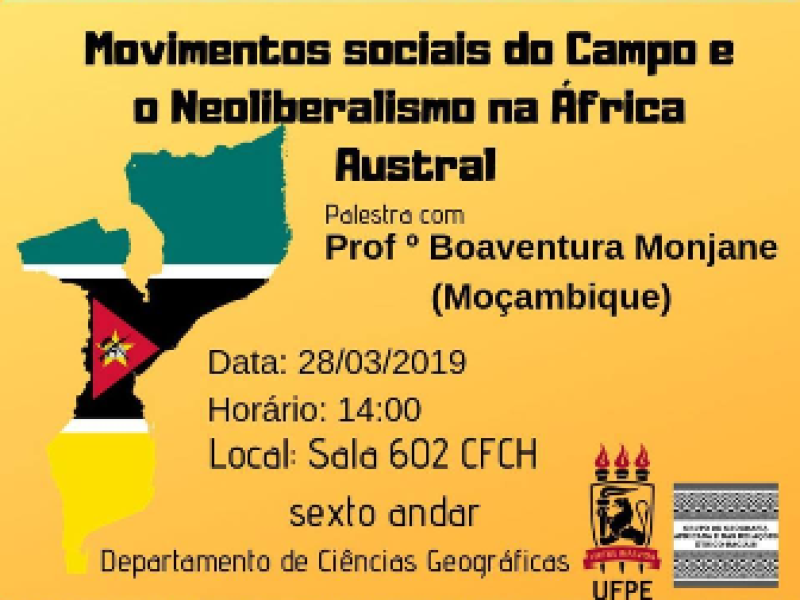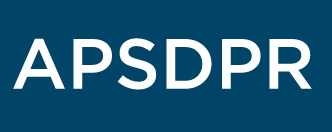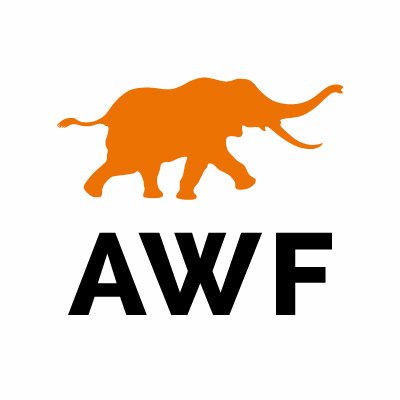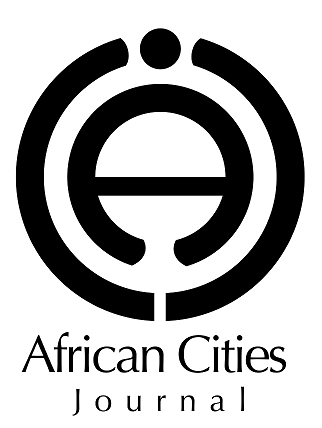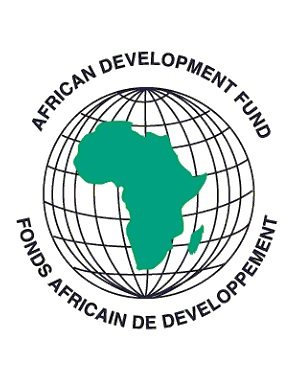Navegação estrutural
África
NewsBrowse all
25 Abril 2025
Foto: Vrin Resende / Midia NINJA/Flickr (CC BY-NC 2.0)Decisão veio após ausência da presidência da autarquia em reunião. Segundo quilombolas, não há compromisso e encaminhamentos das pautas apresentadas pelo movimento A Coordenação Nacional das Comunidades Negras Rurais Quilombolas (Conaq)…
23 Abril 2025
Foto: NeilPalmer/CIAT/Flickr (CC BY-SA 2.0)Data limite: 30 de junho de 2025O Prêmio Al-Sumait homenageia indivíduos ou instituições que, por meio de seu trabalho ou pesquisa, fizeram avanços significativos nas áreas de segurança alimentar, saúde e educação na África.Patrocinado pelo Ministério das…
17 Abril 2025
Foto: Ben Sutherland/Flickr (CC BY 2.0)
Nesta manhã chuvosa de abril em Bata, a capital económica da Guiné Equatorial, um forte vento marítimo agita as palmeiras ao longo da marginal faz com que as ondas se levantem e batam contra a costa. Pouco a pouco, porém, as rajadas de vento abrandam e o…
África
projects
- 0
- 1
- 2
- 3
- 4
- 5
BlogsBrowse all
28 Março 2025
Por Centro Terra Viva
Foto: ICBA/Flickr (CC BY-NC-ND 2.0)
O CTV distribuiu, nos dias de ontem e hoje, 1698 fruteiras as seis comunidades dos distritos de Matutuine e Moamba, na Província de Maputo. Esta actividade faz parte do projeto de engajamento de jovens e mulheres nas iniciativas de mitigação…
EventsBrowse all
“Movimentos Sociais do Campo e o Neoliberalismo na África Austral” é o tema da palestra a ser ministrada pelo professor moçambicano Boaventura Monjane, amanhã (28). O evento será às 14h, na sala 602 do Centro de Filosofia e Ciências Humanas (CFCH), no Campus Recife da Universidade. A atividade…
LibraryBrowse all
OrganizationsBrowse all
- 0
- 1
- 2
- 3
- 4
- 5
- 6
- 7
- 8
- 9
- 10
- 11




